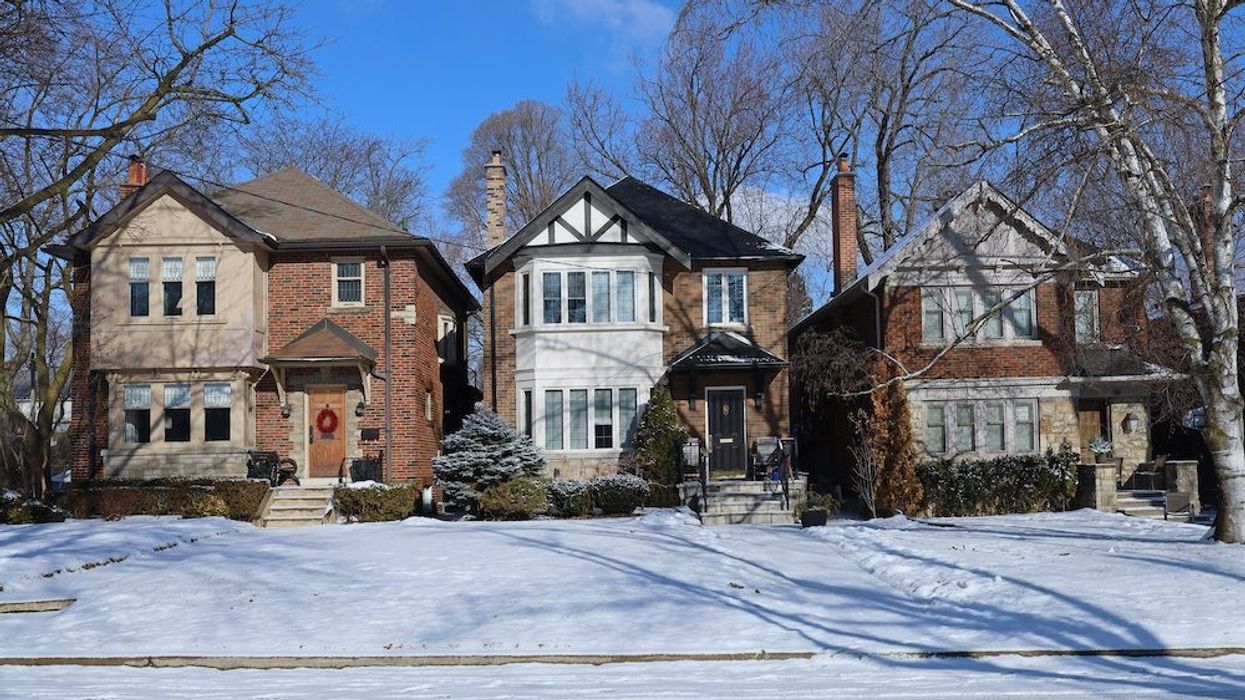An interest rate increase is looming, but homeowners can take solace knowing that, historically, it is less likely to put downward pressure on home values than government policy has, according to an analysis by Zoocasa.
Following the oil and gas sector’s plummet in 2014, the Bank of Canada reduced the overnight rate a year later, but in 2018 there were three 25-basis-point increases, bringing it to 1.75%. During the intervening years, a low interest rate environment caused regional housing markets to overheat, particularly in Vancouver and Toronto. The former introduced a 15% levy on foreign buyers in 2016—it has since increased it to 20%—which impelled non-residents to set their sights on Toronto, creating additional demand pressures.
That prompted the Kathleen Wynne’s Ontario Liberal Party to introduce the Fair Housing Plan in April 2017 to stem runaway housing prices, and among its 16 policies was a 15% foreign buyer tax. Almost immediately, the Fair housing Plan sent psychological shockwaves through the real estate market. Moreover, the B-20 mortgage stress test was announced in October and implemented at the beginning of 2018.
Read: Today's Housing Market Looks a Lot Like 2017's... That Should Worry Everyone
Zoocasa’s analysis determined that the Bank of Canada’s three rate hikes in 2018 decelerated the pace of home sales, however, it suggests the stress test, which slashed purchasing power by an estimated 20%, was more impactful. Although home prices stopped surging, they were stable, if relatively sideways, increasing by a mere 2.74% year-over-year in the GTA.
The analysis furthermore demonstrated that the largest monthly price decline after a rate hike in 2018 was 2.35% in November. Conversely, prices actually rose by 4.21% in January after a rate increase, which Zoocasa suggests could be attributed to seasonality in the real estate market.
FHP Had More Bite than Hikes
But in the three months following the Fair Housing Plan’s announcement, GTA home prices plummeted by 20% from their April peak, cutting more than $100,000 off of the average home price. In Richmond Hill, which Zoocasa noted had one of the highest concentrations of foreign investors, the decrease in the average value was nearly $400,000 by May.
With a rate hike widely anticipated next week, and if not then, by the second quarter, there should be minimal impact on housing prices, and with an estimated 80% of borrowers opting for fixed-rate mortgages, a 0.25% interest rate hike shouldn’t upend the housing market in any meaningful way.





















